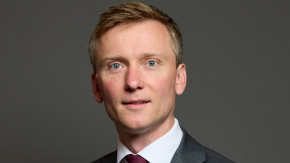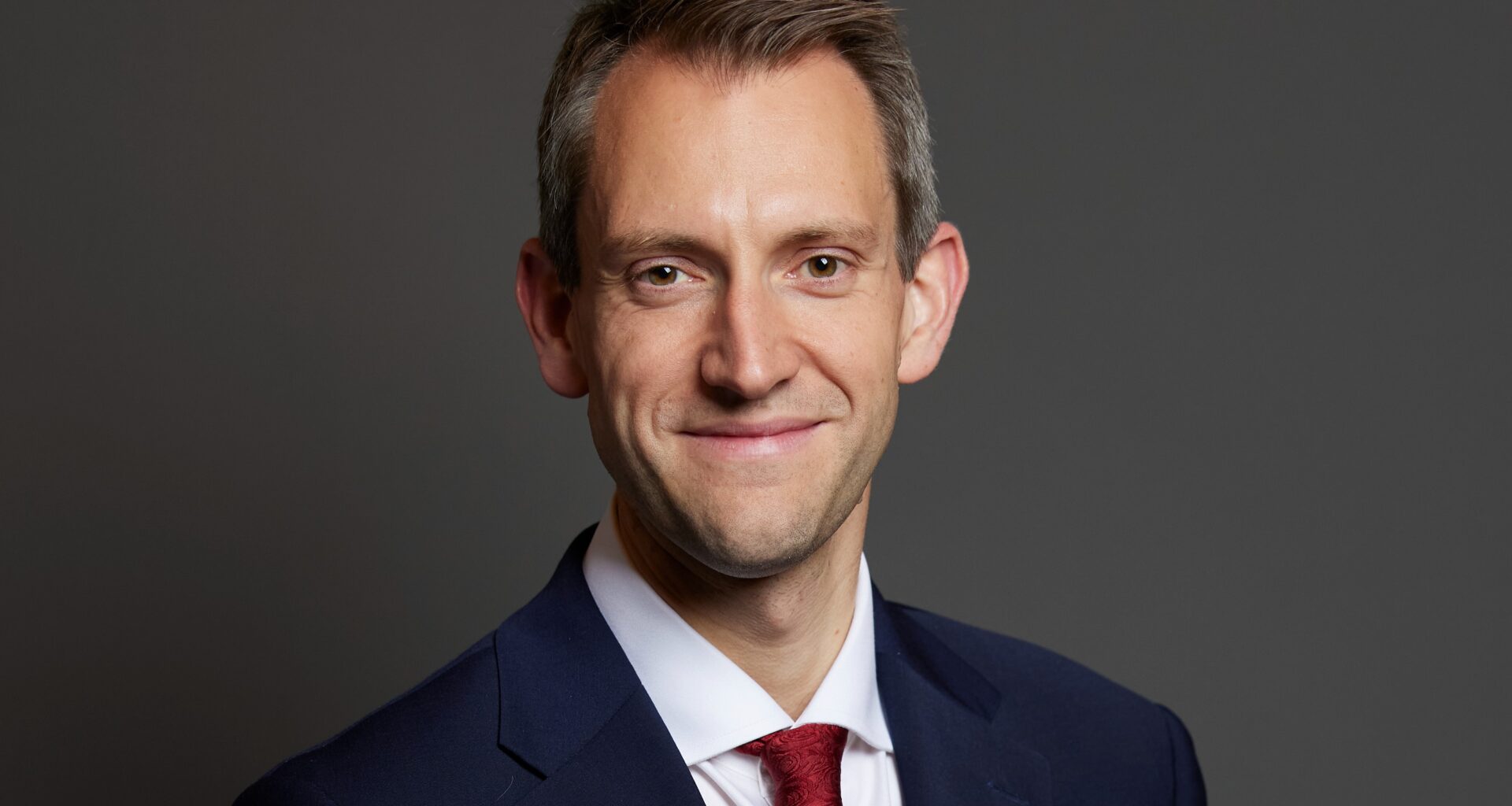MPs have been discussing how to help younger people balance the need to save for a pension with more time-sensitive financial challenges.
The idea of using accrued pension wealth to help enhance social and wealth mobility was one of the topics at the inaugural Social Market Foundation’s Pension Conference in Westminster this week (Wednesday 10 September).
Andrew Lewin, MP for Welwyn Hatfield, told delegates he had been working on the idea of a Citizen’s Advance with the SMF since last year.
A Citizen’s Advance would allow younger pension savers to take a ‘year out’ to buy a home or spend more time with their family.
It has the potential to be transformational to those people who have done everything right but can’t rely on the Bank of Mum and Dad as so many others can.
Lewin told delegates that people’s ability to shape their lives was being impacted to an ever greater extent by the wealth, or lack of, of their parents.
“The Bank of Mum and Dad gave £9.6bn pounds in gifts in 2024 to their children, or in some instances, their grandchildren.”
“That’s up 71 per cent on the previous four years, and the average gift is £55,000.”
Lewin said those without access to this sort of family wealth were falling behind in terms of their ability to buy a home.
In turn, this meant they were on the back foot when it came to other opportunities.
Taking a state pension withdrawal before retirement
His solution would be to allow savers who have 10 years or more of National Insurance contributions to take a lump sum.
The lump sum would be the value of one year of their state pension but they would have to retire a year later.
Lewin said the amount, worth just under £12,000 for the majority of people claiming the state pension currently, would help the saver put a deposit down on a house, retraining or even taking maternity or partner leave.
He said: “It means that people in their late 20s or early 30s, the time when they are most likely thinking about starting a family or trying to get on a housing ladder or retrain, can have access to capital that they otherwise wouldn’t.”
Lewin said: “I think if done right, it has the potential to be transformational to those people who have done everything right but can’t rely on the Bank of Mum and Dad as so many others can.”

Pensions minister: A better system will restore faith in society
He gave delegates an example of a shortage of physics teachers.
He said people with those skills and no family wealth would be more likely to choose to work in asset management and in the city where they could earn more money and get on the housing ladder.
Lewin explained: “They look at their prospects of buying a home and are thinking, ‘Well, I have absolutely no chance of doing that on a teacher’s salary. So I’m going to make a very different choice about the career that I’m going to pursue’.
“If you are a 33-year-old and you’re in a position where your parents can say, look, here’s £40,000 to £50,000 towards a deposit, versus somebody who can’t access that, your life goes in a completely different direction.”
Inspiring younger savers
In a later session the panel discussed whether it was possible to inspire more younger savers to engage with their pension.
The panel included Matthew McNally, head of strategic change at M&G, Joe Dabrowski, deputy director of policy and regulation at Pensions UK, Jackie Spencer, head of money and pensions at the Money and Pensions Service and Gideon Salutin, senior researcher at the Social Market Foundation.
The experts said examples of retirees still working in jobs they enjoyed could go some way to seeing retirement as a positive change.
Spencer and Salutin said a lifetime check up when savers were nearer retirement was probably too late and agreed a pensions ‘health check’ should be carried out at key life events, such as a new job, student loan repayments, as well as buying a house and having a family.
Dabrowski also highlighted the challenges of AI and said all savers should be able to have confidence in knowing that even if they ‘did nothing’ they could still be guaranteed a good retirement outcome.

